
When it comes to eating yourself healthy, you might focus on ways to keep your heart healthy, avoid excess body fat, look after your mental health, and help you to recover from strenuous exercise.
You might not worry too much about your bones, but we start to lose bone mass from around age 35 after it peaks around age 30.
Over time, and without taking remedial measures, we’re all at risk of developing brittle bones, otherwise known as osteoporosis. Not only does osteoporosis accelerate the loss of bone density and strength, but it also heightens your risk of fractures.

Advert
It affects both men and women, but women are more likely to encounter bone issues as a result of hormonal changes. People who experience menopause before the age of 45, have a hysterectomy before 45, or have absent period over six months or more as a result of over-exercising or dieting are more likely to develop the condition.
For men, low testosterone can trigger osteoporosis too.
Other risk factors include but aren’t limited to: an overactive thyroid, a family history of the condition, a BMI of less than 19, heavy drinking and smoking, steroid use, prolonged inactivity, and malabsorption conditions like Crohn’s Disease and coeliac disease.
So, what can you do to reduce your risk?
Along with regular exercise, you can support your bone health through your diet. Dietary experts speaking to EatingWell, including Jacqueline Klunk and Grace Derocha, shared six foods that you should consider adding to your diet if you want to support your skeleton.
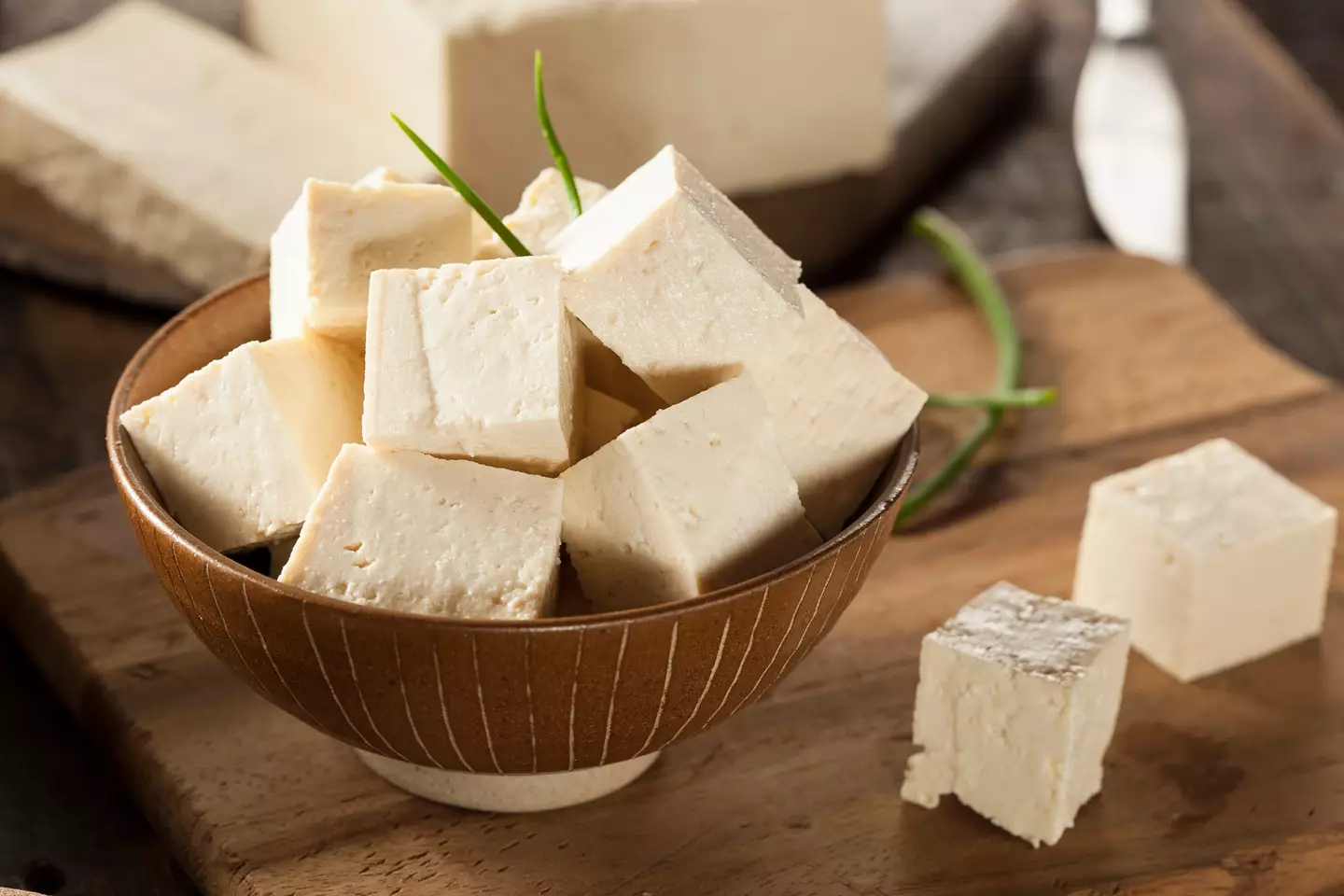
1. Tofu
Along with being a great protein source, tofu is also high in an essential nutrient for bone health.
“A lot of tofu is set in a calcium solution, which makes it higher in calcium,” said Klunk. While calcium content varies between brands, the average serving will contain as much as 861g of the stuff alongside 22g of protein.
Not only is calcium essential for bone density, but the body can draw calcium from your bones if you’re deficient in it. Over time, this can weaken them.
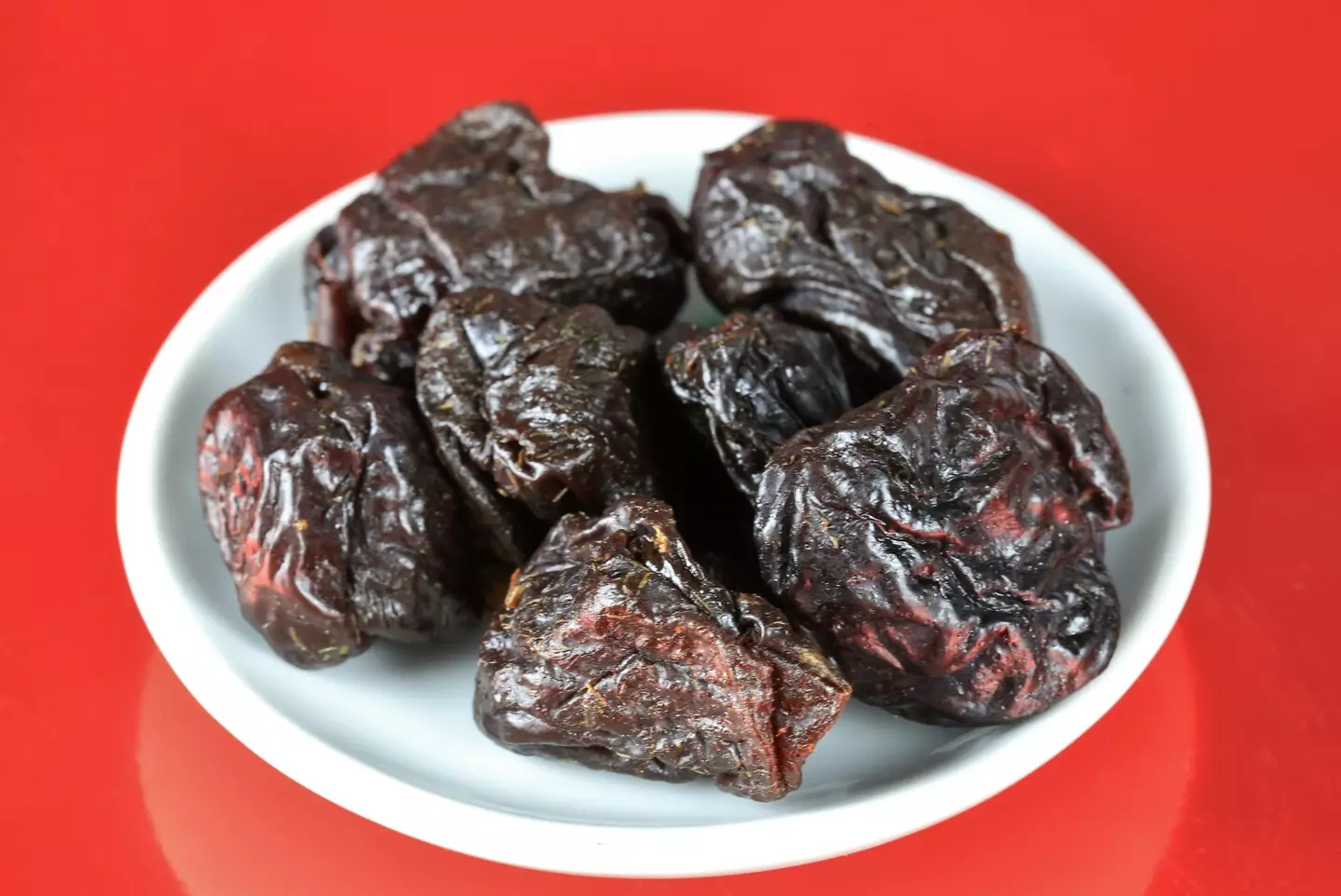
2. Prunes
Dried plums, otherwise known as prunes, are full of vitamin K which helps to regulate our calcium levels and supports bone development and recovery. They also contain potassium which helps to prevent calcium from leaving bones, along with manganese which also supports bone formation.
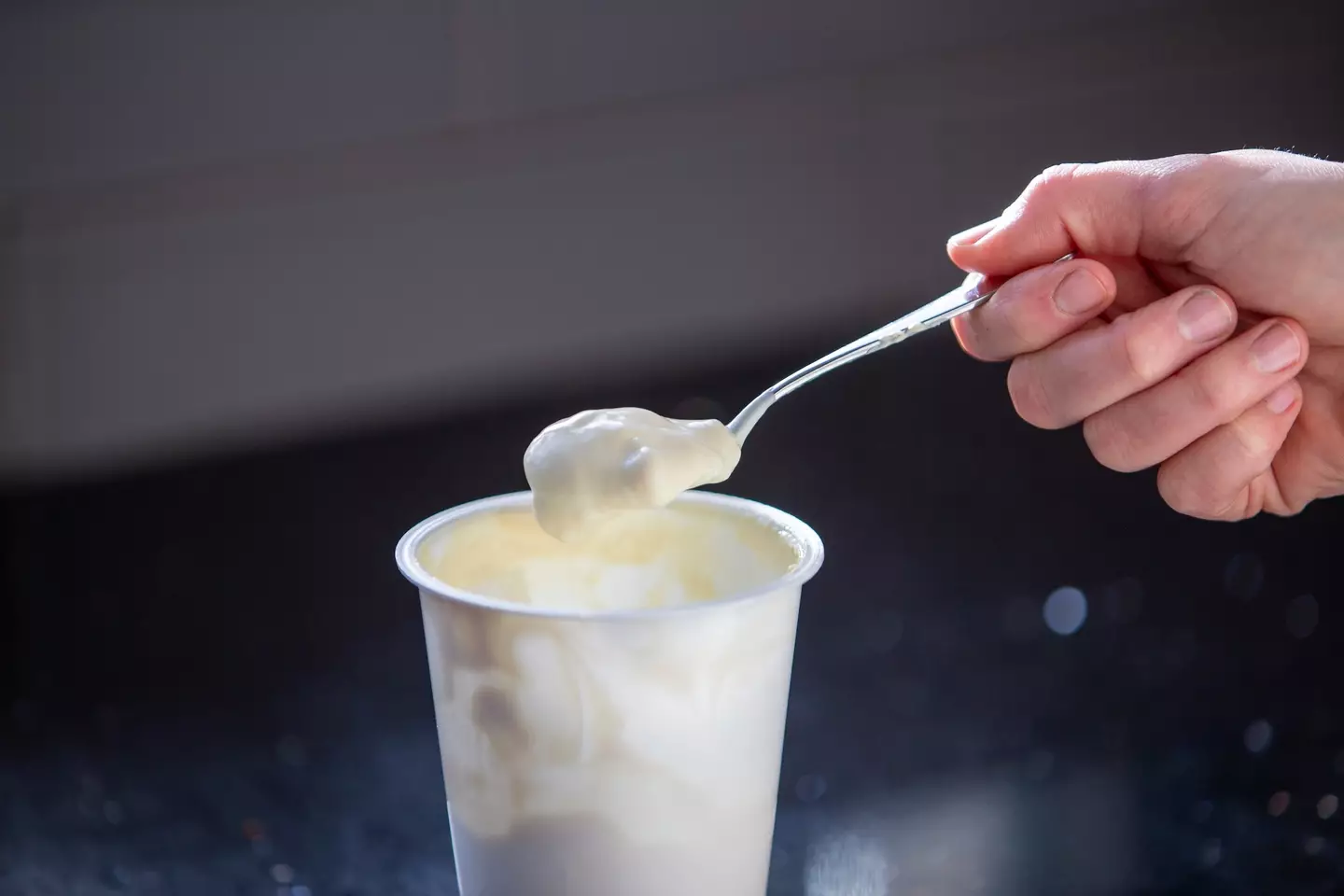
3. Yoghurt
This calcium-rich dairy product also features vitamin D and protein. Natural yoghurt tends to be the best option, especially if it doesn’t have any added sugar, with a portion of the stuff contributing as much as 50% of your recommended daily calcium intake. If you’re vegan, EatingWell recommends going for a plant-based yoghurt that’s been fortified with calcium and vitamin D.
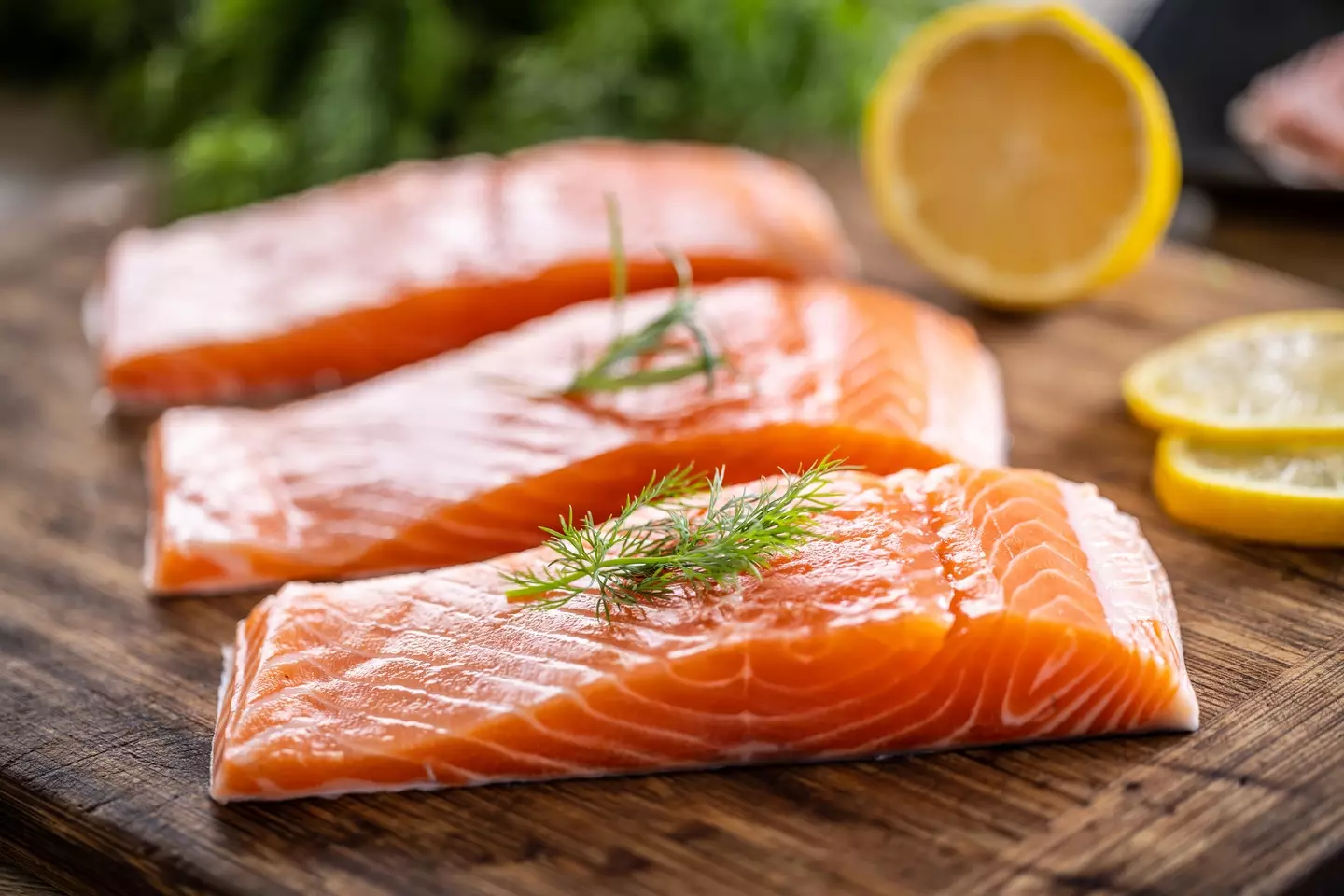
4. Salmon
One of the nation’s favourite fish, salmon is a fantastic source of bone-supporting nutrition. A serving of the pink fish will provide almost all of your recommended daily vitamin D intake, along with omega-3 and protein for heart and muscle health. Omega-3 has also been linked with improving bone density, so it’s very much worth getting it into your diet.
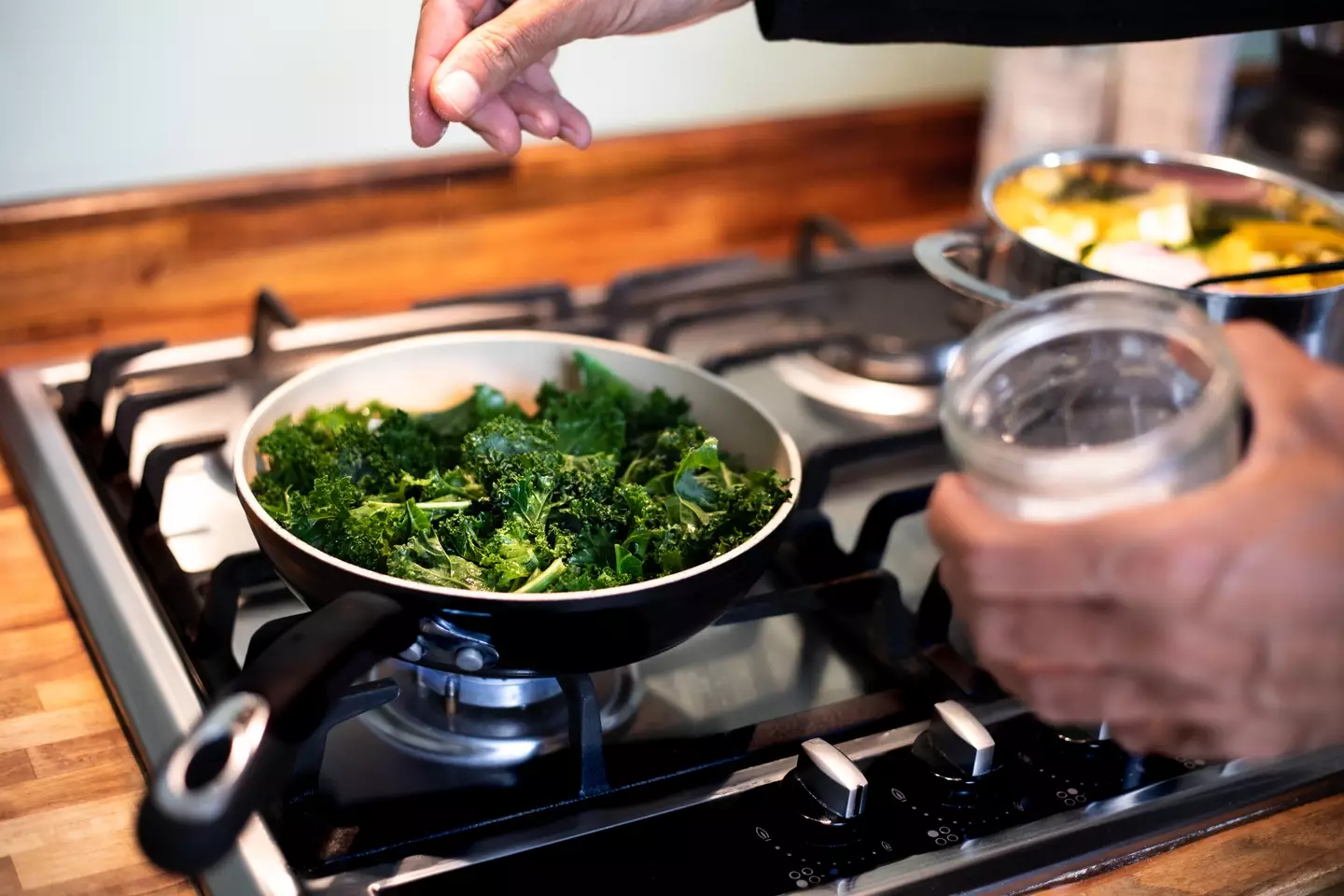
5. Kale
Dark leafy greens are amazing for our health, but according to Klunk some – like spinach – contain oxalates that can limit calcium absorption.
Kale, on the other hand, is naturally low in oxalates whilst being rich in vitamin K. EatingWell added that you need some oil to absorb vitamin K, and so it recommends drizzling some olive oil over it to ensure you get the full whack of vitamin K goodness.
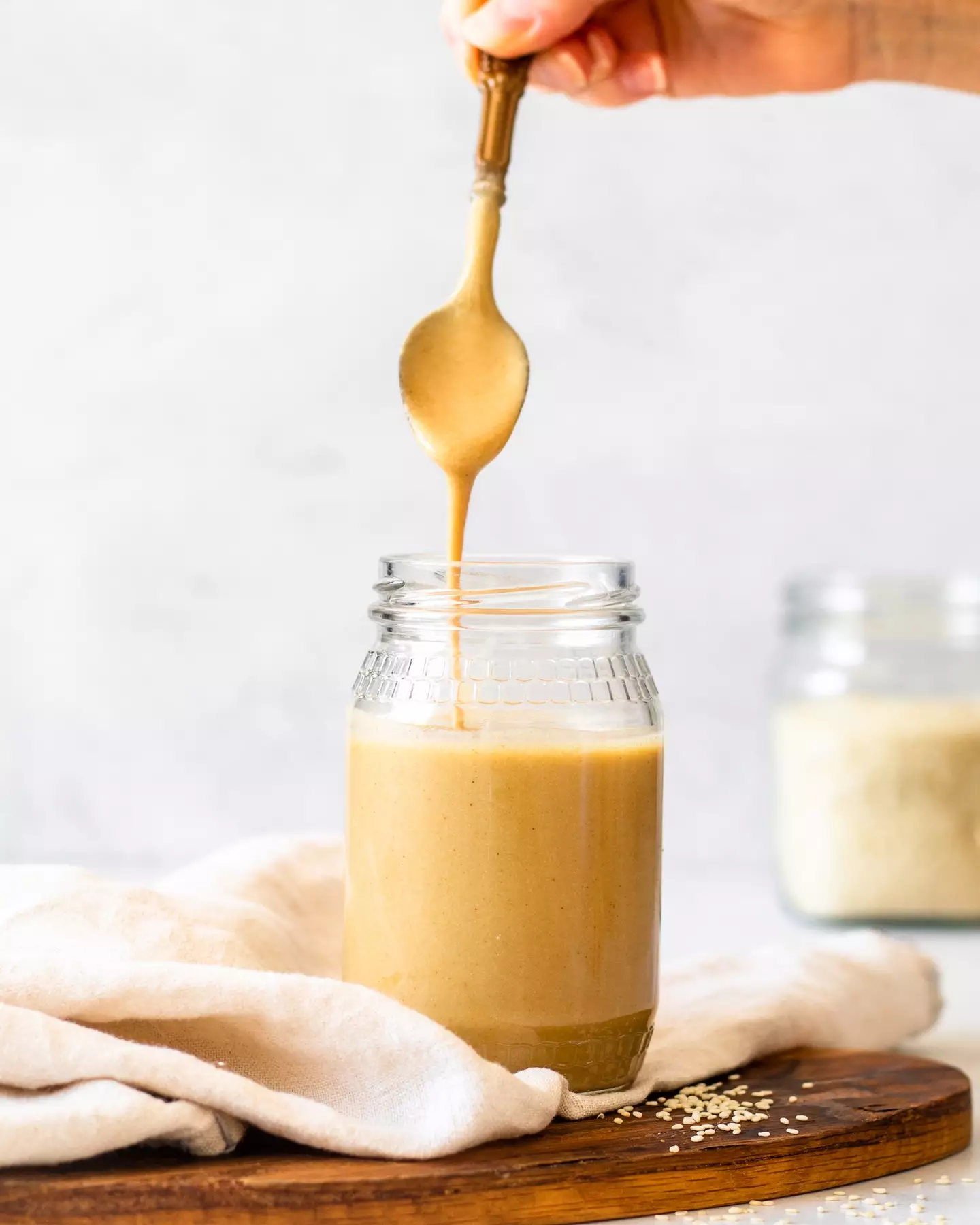
6. Tahini
An essential component of much-loved condiment houmous, tahini is a great dietary choice for bone health. It’s packed with calcium, magnesium and phosphorous, with Derocha saying the latter is helpful for maintaining a healthy calcium metabolism.
